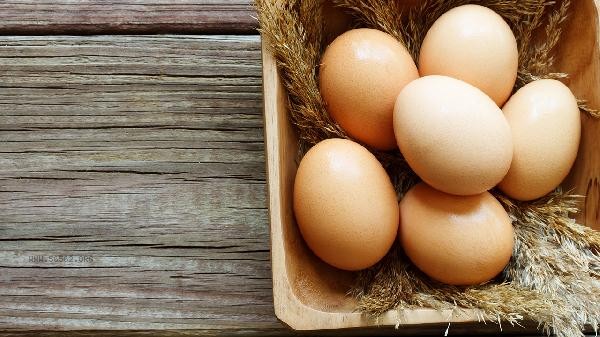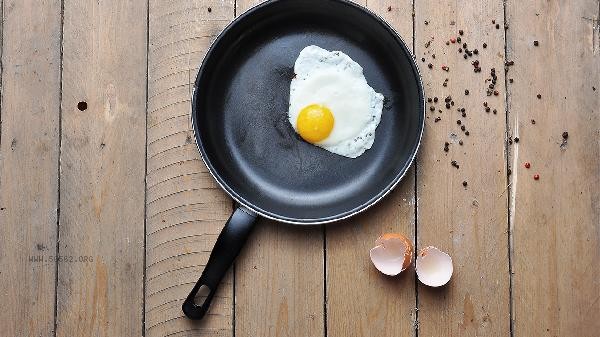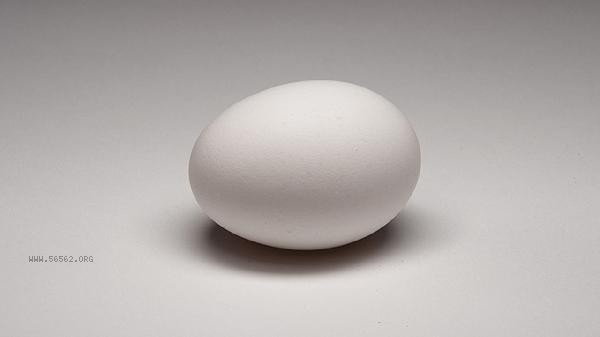Moderate consumption of egg custard at night generally does not lead to weight gain, but excessive consumption may increase calorie intake. Egg custard is rich in high-quality protein and has moderate calories, making it a healthy dinner choice when paired with other ingredients. The main ingredients of egg custard soup are eggs and water. Each 100 grams of egg custard soup contains about 50-60 calories, with a high protein content and a low fat content. Egg custard is a low calorie, high nutrient food that is made without adding too much oil or high sugar seasonings. Although the metabolic rate of the human body decreases at night, the calorie content of a normal amount of egg custard is still within the consumable range. Paired with vegetables such as spinach and broccoli, which are rich in dietary fiber, can slow down gastric emptying and increase satiety, avoiding extra eating caused by hunger before bedtime. Pay attention to controlling the single consumption within 200 grams and avoid eating with high carbon water foods to better maintain calorie balance. If a large amount of sesame oil, soy sauce, or refined rice and flour based staple foods are added to egg custard, it may significantly increase overall calorie intake. Some people have lactose intolerance or egg allergy, which may cause gastrointestinal discomfort and affect sleep quality after consumption. Long term excessive intake of high protein foods during dinner may increase the metabolic burden on the kidneys, especially for those with renal dysfunction who need to be cautious. It is recommended to choose steaming method to preserve nutrients and avoid frying method that increases unnecessary fat intake.

To maintain a healthy weight, attention should be paid to the total calorie and nutritional balance of the entire day's diet. It is recommended to focus on protein and vegetables for dinner and control the proportion of carbohydrates. Regular sleep and moderate exercise have a greater impact on weight management than single food choices, so taking a walk after meals can help promote digestion. If there are metabolic diseases or special health conditions, a nutritionist should be consulted to develop a personalized diet plan.










Comments (0)
Leave a Comment
No comments yet
Be the first to share your thoughts!